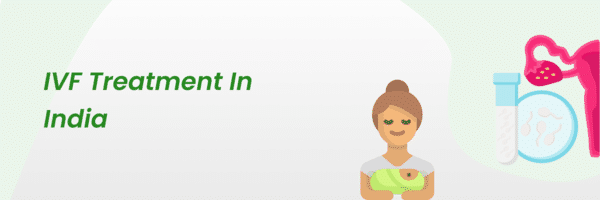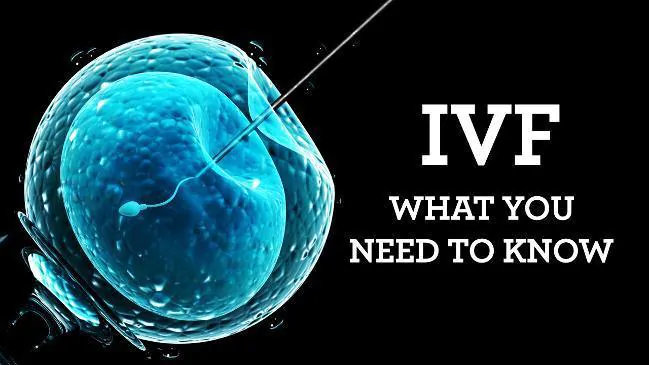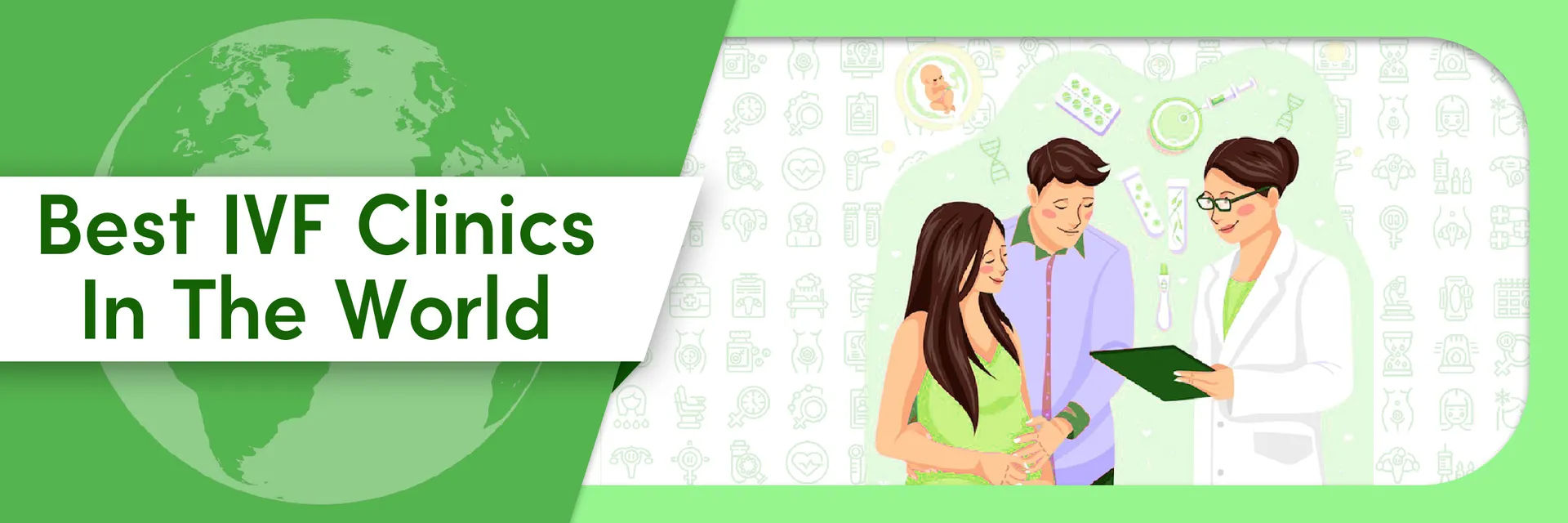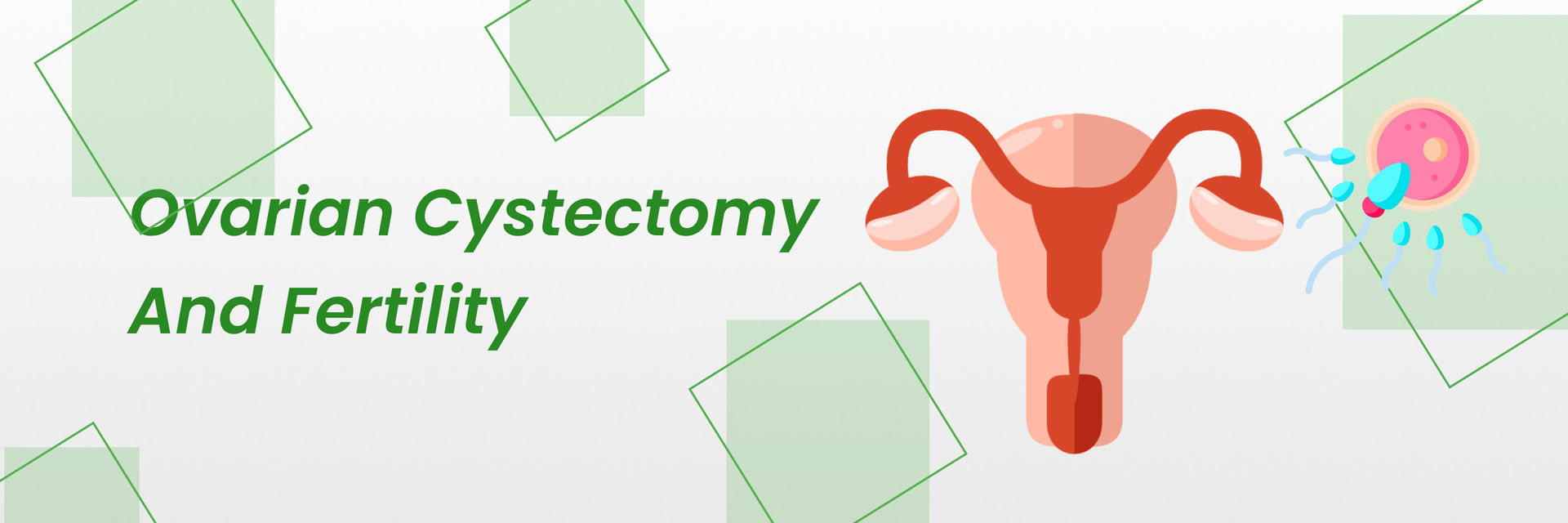Overview
Depression after IVF failure is a common occurrence. The emotional toll of unsuccessful IVF treatments can be overwhelming, leading to feelings of sadness, loss, and depression. It's important to note that these feelings are normal and expected after such a challenging experience.
It is a mental health disorder. When you feel sad and hopeless and do not find interest in activities that you like, you may have depression.
As per WHO, 264 million people in the world have depression. Depression is more common among females. It affects nearly 4-5% of females in the world. Depression affects 2.7% of the males in the world.
IVF failure refers to an unsuccessful attempt at an IVF cycle. If such a thing happens the couple is unable to conceive. IVF failure can happen due to various reasons. But if the embryo fails to implant in the woman’s uterus, it leads to failure of in-vitro fertilisation.
The overall prevalence of IVF failure is 70% among women of all age groups. Women aged in the range of 40-42 years have the highest chances of IVF failure i.e. 85%. Women between the age of 30-35 years have slightly lower chances of IVF failure i.e. 60%.
IVF failure can impact your feelings. To understand if you are slowly slipping into depression and how to overcome it, read further!!
Take charge of your health and your life. Contact us today!
What is the emotional impact of failed IVF?
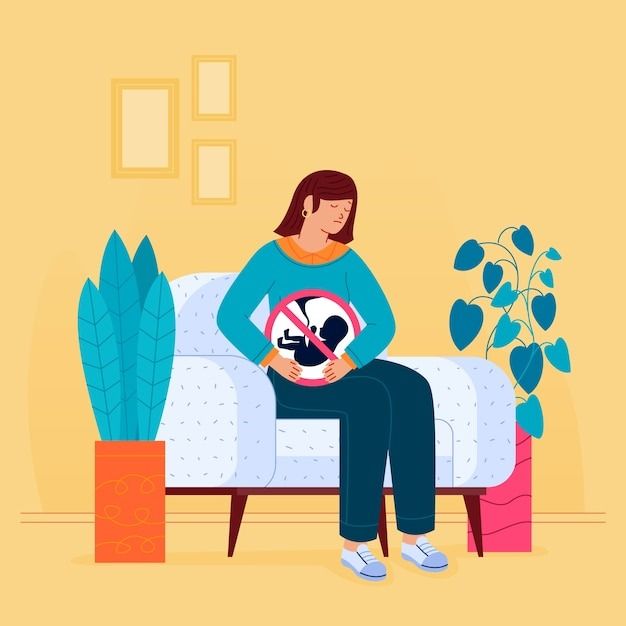
The emotional impact of failed IVF is very significant. It varies depending on the individual’s circumstances. After IVF failure, the couple is bound to feel sad, disappointed and frustrated. There is grief, anger, guilt and many other things. All these emotions lead to depression after IVF failure. They feel anxious and stressed.
Research shows that there are increased chances of depression after IVF failure. Women who have experienced IVF failure have high levels of anxiety and depression.
Failure has its own emotional weight. This burden is often amplified by a web of societal and personal pressures that can intensify the sting of disappointment:
- The ticking biological clock: Societal expectations around "ideal" childbearing ages can fuel immense pressure on couples going through IVF. The fear of "running out of time" adds an unnecessary layer of stress.
- The shadow of success stories: Social media and personal anecdotes highlighting IVF success can create a distorted reality, making failure feel like a personal inadequacy.
- Financial strain: The financial burden of IVF adds another layer of stress, making failure feel like a double loss.
- Relationship strain: The emotional rollercoaster of IVF can take a toll on relationships, leading to communication breakdowns and feelings of isolation.
Do you feel like it is unusual to feel what you’re feeling? Don’t be upset, many women feel such emotions!! Read on to learn more!
Is it normal to feel depressed after IVF?
IVF is a long and emotionally draining process. It is very normal for people to feel depressed during and after the procedure.
Couples feel highly depressed especially if the IVF attempt has failed.
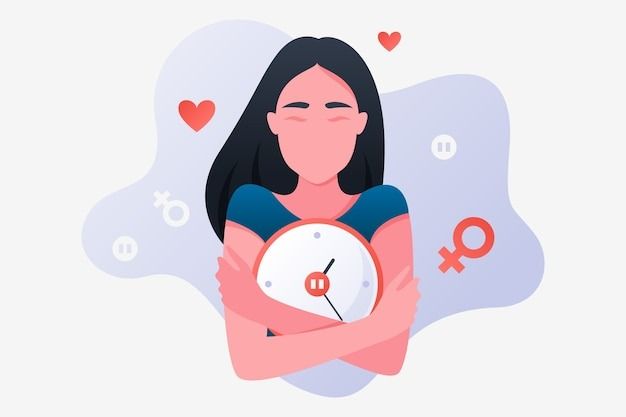
There are many reasons why one might experience depression after IVF failure. Going through the process of IVF is itself very stressful. Now, if the cycle fails, the emotional toll is overwhelming. Unsuccessful IVF is associated with feelings of grief. Disappointment and loss of not being able to conceive.
To understand the condition better, it is important to know the causes! Keep on reading!!
What is the cause of depression after IVF failure?
It is very normal to have depression after IVF failure. There are several reasons behind this.
- IVF involves investing a significant amount of time, energy and money. Hence, the failure of an IVF cycle is utterly disappointing. It is a huge loss for the couple and this leads to feelings of grief and sadness.
- During an IVF cycle, one has to take many medications and undergo invasive procedures. This is emotionally and physically draining. The process is also very stressful as there are uncertainties associated with the outcome.
- The failure of the IVF cycle can induce feelings of guilt, shame and inadequacy in the couple. It becomes a challenge for them to move past these emotions and stay positive.
Worried if you will go into long term depression after IVF failure? Read about it below!!
Can IVF cause long-term depression?
Studies suggest that women undergoing IVF experience depression in the short term. There is no proper evidence related to depression in the long term.
20% to 30% of women experience depression after IVF. They can also experience depression during IVF procedures as well.
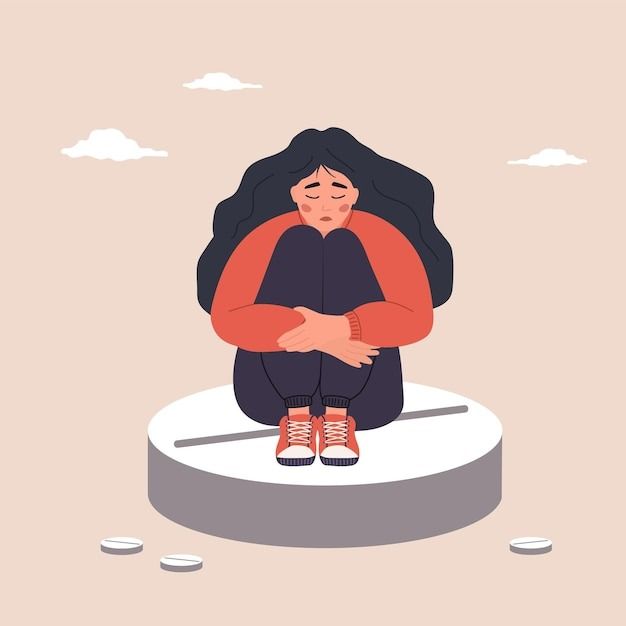
Researchers have found that depression symptoms during IVF improve with time. There are no proper studies that show depression after IVF failure continues in the long term.
Depression is a very complex issue. It can be caused by a variety of factors. IVF failure can be one of the contributors. Genetics, life events and other health conditions are other factors that play an important role in causing depression.
IVF failure can be a trigger for depression symptoms in the short term. However, long-term depression after IVF failure requires more studies to be understood properly.
Not everyone experiences depression or anxiety during IVF. Many individuals successfully navigate the process with strong coping mechanisms and support systems.
There are effective treatments available. If you are struggling with your mental health during or after IVF, it's important to seek professional help. Therapy and medication can be very effective in managing symptoms and improving well-being.
Support is crucial. Talking to your partner, family, friends, or a therapist can provide invaluable support and validation during this challenging time.
Your well-being is our priority - call us to book your appointment today.
Can depression after IVF failure impact future fertility treatments or chances of conceiving naturally?
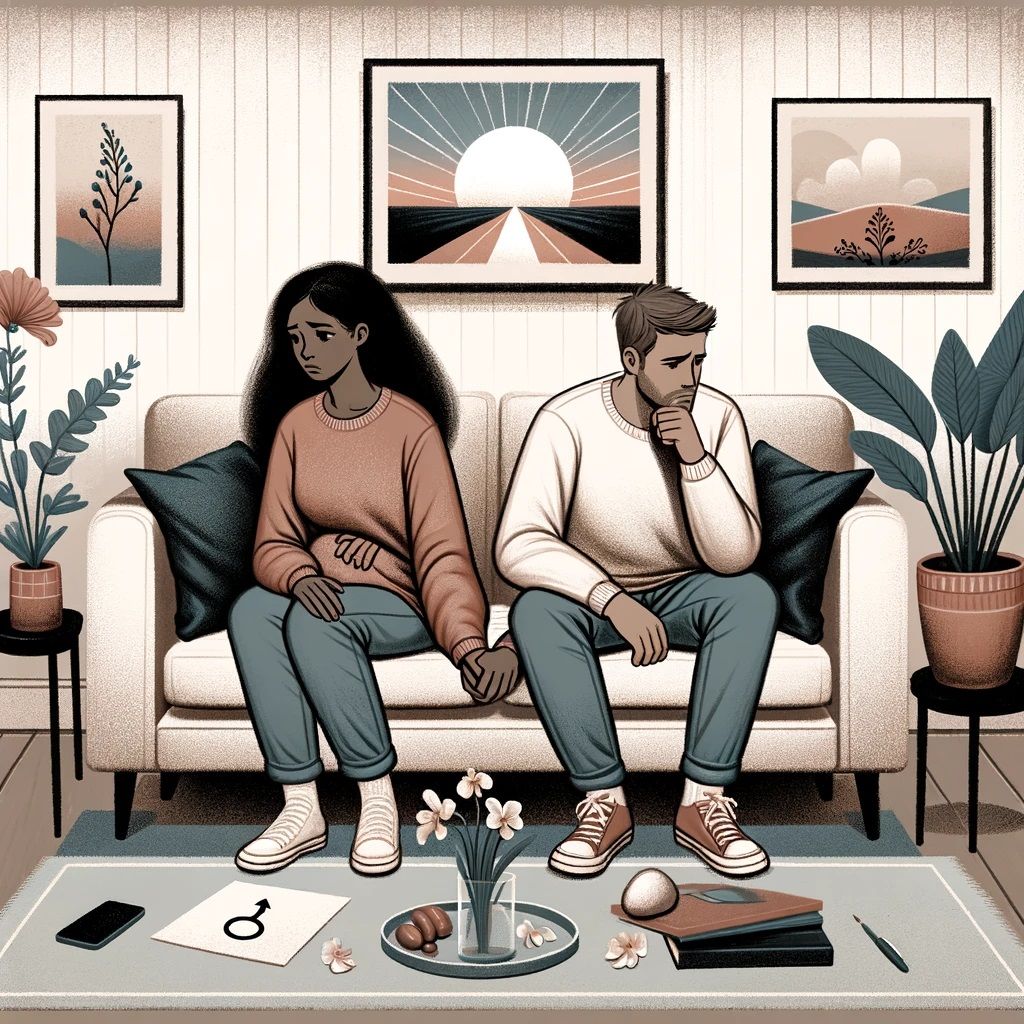
According to experts at New Waters Discovery, it is possible that depression after IVF failure may impact future fertility treatments or chances of conceiving naturally. Depression can cause physical and psychological changes in the body, such as decreased libido, fatigue, and difficulty concentrating. It's also important to note that depression can lead to lifestyle changes that could further hinder your ability to conceive naturally or in a successful fertility treatment.
For example, if someone is struggling with depression, they may have an unhealthy diet, lack adequate exercise, or take up unhealthy habits like smoking or drinking, which could all negatively affect their chances of conceiving.
Additionally, it’s important to keep in mind that stress and anxiety are common emotions associated with infertility treatment and can increase feelings of depression. Therefore, it would be very beneficial to manage depression in order to improve the chances of success with fertility treatments or conceiving naturally.
How depression after IVF failure can affect a person's daily life?
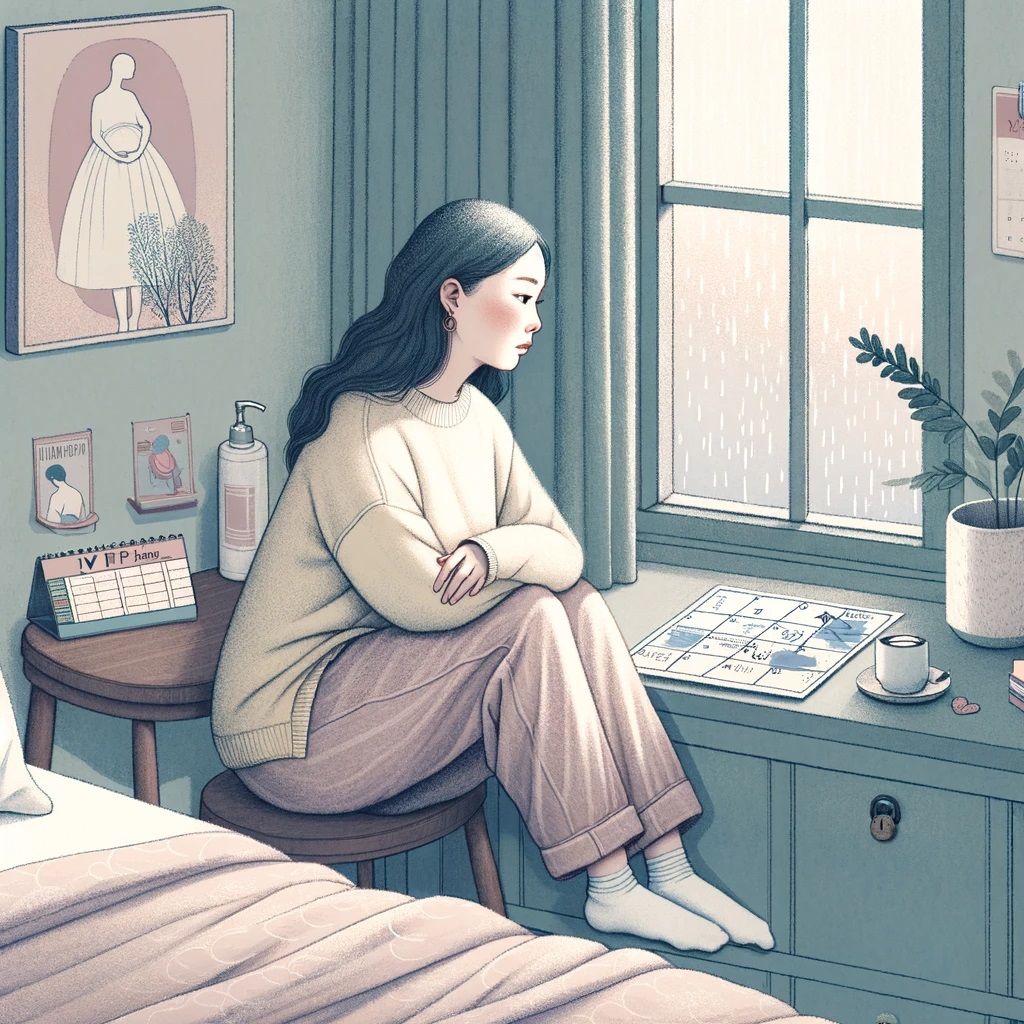
Depression after IVF failure can have a significant impact on a person’s daily life. There are numerous ways in which depression after IVF failure can impact one's life. IVF failure can lead to feelings of sadness, anxiety and shame. These feelings can be difficult to manage after an IVF failure.
- It can affect your concentration and focus to perform tasks.
- IVF failure can lead to feelings of demotivation. A person who is demotivated does not find interest in performing their tasks. This impacts their relationships and overall well-being.
- After an IVF failure, one experiences low self-worth and self-esteem. This leads to a lack of self-confidence and an inferiority complex.
- Depression after IVF failure causes strain on relationships between partners. It gives rise to communication issues, conflicts and emotional distress.
- Depression due to IVF failure causes physical symptoms such as fatigue, loss of appetite, and disturbed sleep cycle. This impacts the overall well-being.
- IVF failure can lead people to isolate themselves from social gatherings. They tend to withdraw themselves from social gatherings. It brings about loneliness and sadness.
It is totally okay to feel emotionally unstable!! Continue reading to learn how you can cope with it further!!
Are there any self-care practices that can help with the symptoms of depression after IVF failure?
Yes, there are many lifestyle changes and self-care practices that can help to alleviate symptoms of depression after IVF failure. These include engaging in physical activity on a regular basis, practicing relaxation techniques such as yoga or meditation, eating a healthy balanced diet, spending time socializing with family and friends, finding ways to express yourself creatively (such as writing or drawing), getting adequate sleep each night, and talking openly about your feelings with a therapist or trusted confidant. Additionally, it can also be helpful to join a support group for those dealing with infertility so that you can share your experiences and offer each other emotional support.
How to cope with failed IVF?
Failure of IVF is very disappointing. In such a situation, it is very difficult to stay positive. It is very important that you manage your emotions properly. It can otherwise lead to depression and anxiety.
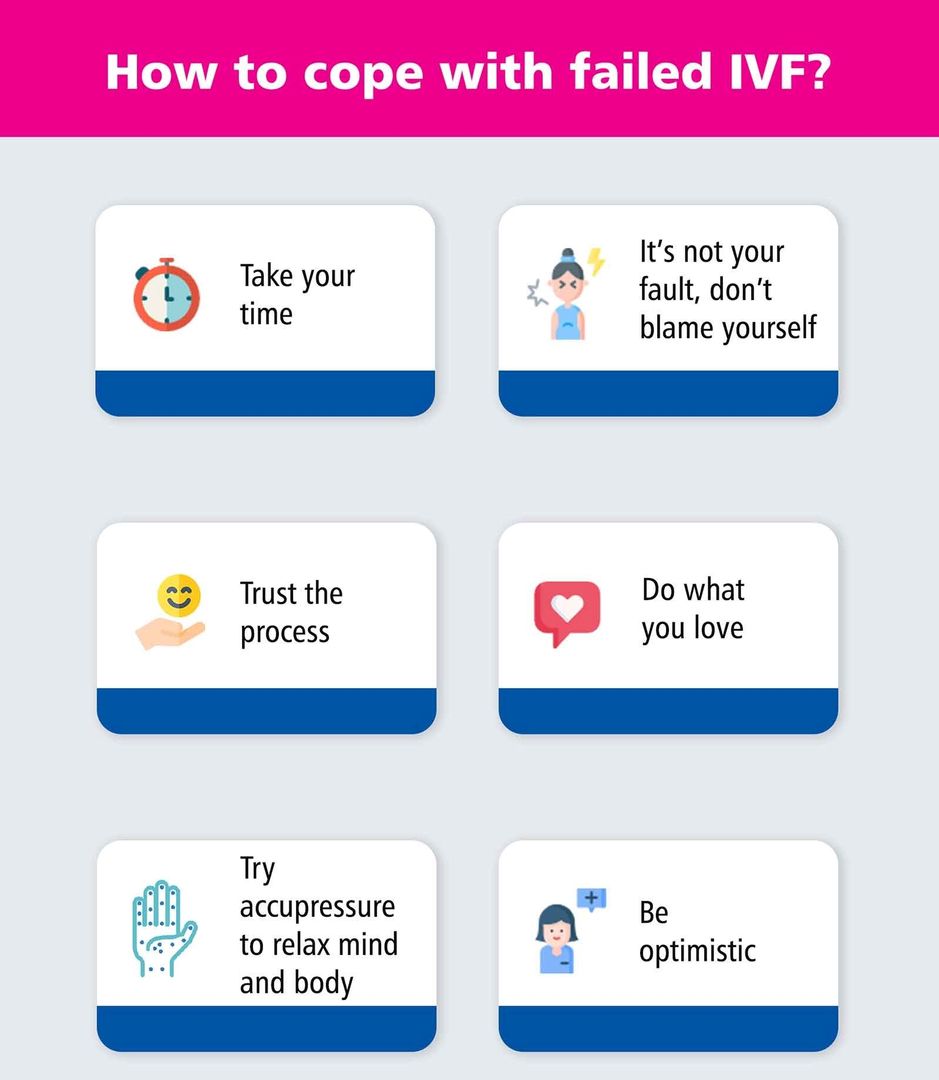
Here are some techniques to cope with failed IVF:
Give yourself time to grieve | Give yourself time to process the disappointment. You should grieve the loss and let out the emotions. You should know that it is okay to feel all kinds of emotions. |
Seek support | Lean on your partner, family and friends. Talk to a counselor or join support groups to get cope with emotional distress. |
Take care of yourself | Take care of yourself physically and emotionally. Eat healthy foods, exercise and get enough sleep. Practice relaxation techniques like meditation and yoga. |
Focus on your relationship | IVF failure can put a strain on your relationship. In such times it is necessary to spend time with your partner. Find ways to connect emotionally. |
Take the first step to recovery. Get in touch with us for your treatment.
References:

